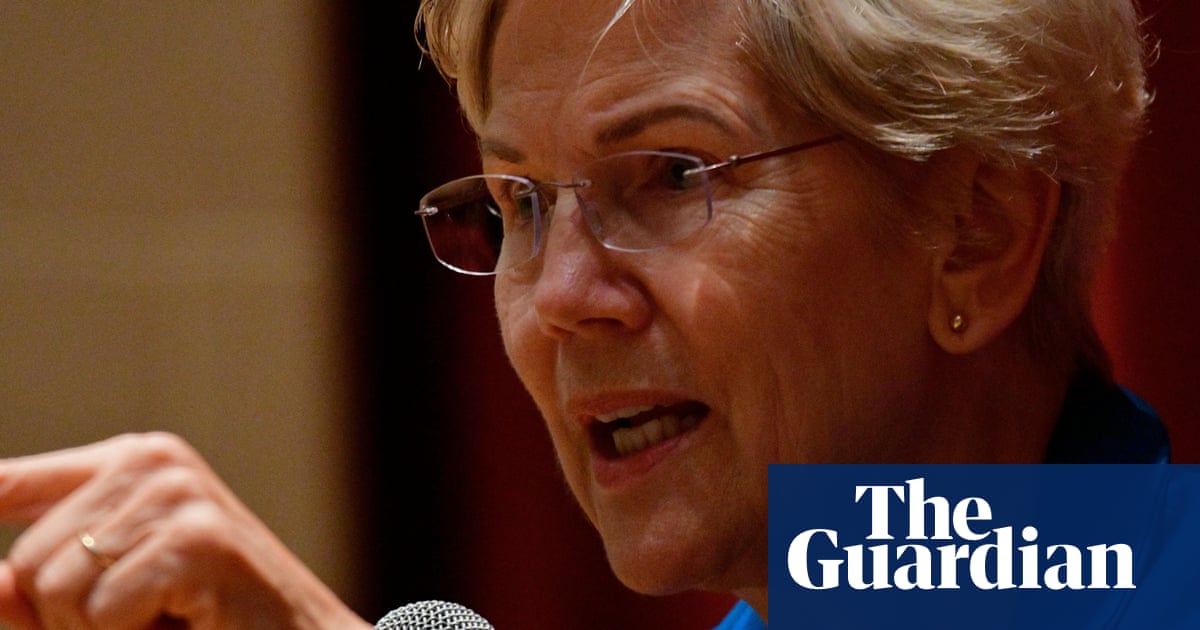Democratic lawmakers accuse companies of shrinking product sizes while charging consumers the same price
It’s becoming a common experience for Americans going to the grocery store: your bag of chips seems lighter, your favorite drink comes in a slimmer bottle, and you’re running out of laundry detergent more quickly than usual. And yet things are staying the same price.
On Monday two Democratic lawmakers launched an attempt to get to the bottom of the phenomena, accusing three major companies, Coca-Cola, PepsiCo and General Mills, of shrinking the size of products while charging consumers the same price – a price-gouging practice known as “shrinkflation”.
…
“Shrinking the size of a product in order to gouge consumers on the price per ounce is not innovation, it’s exploitation,” Warren and Dean said in a statement. “Unfortunately, this price gouging is a widespread problem, with corporate profits driving over half of inflation.”



The federal government should just enact a national unit price mandate for fair comparison shopping.
https://www.nist.gov/pml/owm/national-legal-metrology/us-retail-pricing-laws-and-regulations
Unit pricing helps. A French supermarket also puts shrinkflation warning stickers on shelves where packaging size changed but price has not, that too should be mandatory
IIRC Hungary made it mandatory a while ago.
for how long do the stickers stay up?
This is the right way to go about it. Telling companies they can’t do x or y doesn’t jive with capitalism if they aren’t deemed monopolies.
Unregulated capitalism is clearly a shitshow so why are you arguing against an entire class of regulations for no real reason other than historical precedence? There’s no such thing as an inherent rule. They’re all just as made up as the rest.
Ok, but how do you see the proposed legislation playing out? How do you expect congress to set a specific amount of product that can no longer be reduced? It’s not like anyone can trust congress to revisit the law when changes are needed. Companies will just start making “six packs” of individual things that used to be sold as a six units per container in order to maintain flexibility to shift quantities in the future. This will lead to way more packaging.
Regulating capitalism is a very good thing, but I don’t see how it makes any sense in this case with the proposed legislation.
No one has proposed any specific legislation. We’re talking about theoretical concepts. My only point is that saying “that’s not how capitalism works” is a dumb thing to say when it comes to rejecting an idea because we are collectively making up the rules for how capitalism works as we go along. It can work in whatever way we want it to.
That’s a straw man argument and adds nothing to this conversation.
He says, while adding nothing to the conversation.
Can I also add nothing? It’ll make me feel important with no consequences.
I got enough out of this that I feel you should try again, but try harder not to try so hard.
Great, now I can more accurately compare how all the brands are shrinking at roughly the same rate. The problem isn’t consumer education, it’s implicit market collusion. Coke shrinks and doesn’t lose profit so Pepsi shrinks so Coke shrinks so Pepsi shrinks, etc - a race to the bottom feedback loop.
Unit pricing is good, but I don’t really think it solves this particular issue. Every time I see unit price even listed it’s in tiny, near illegible font under the massive bold item price, and every time I’ve point d the out to people they don’t give a shit because they aren’t going to spend 5 minutes comparing the prices of soda bottles so they can squeeze out less than a dime’s worth of savings.
Nailed it. And this is why your comment about notifying customers is also correct. Consumers barely have a choice. Everything is overpriced.
It’s all about those percentages. My favorite chips went from 60¢/oz to 85¢/oz. Clearly not worth my time in terms of absolute price difference, but that’s a 41.67% increase. If I just ignore the amount through my whole grocery trip, the difference at the checkout line is huge. It becomes worth my time very quickly.
You can explain that to people but it still won’t convince them to spend any amount of time doing math in a grocery store unless they’re so desperate for cash that the problem is well beyond the scope of pricing schemes.
I frequently make decisions based on ($/oz, $/g, or $/ml) unit pricing, but I also have very limited income.